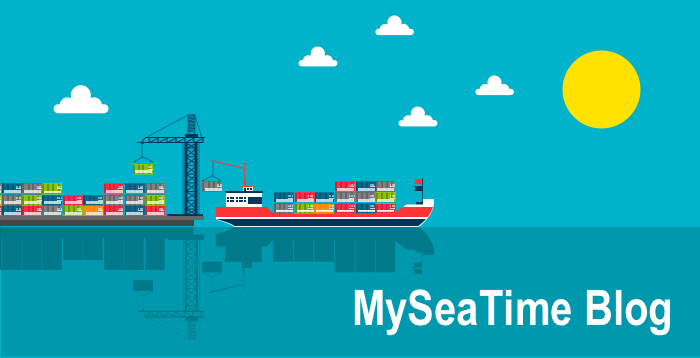While Hague-Visby Rules apply to a Bill of Lading or similar document of title, the Hamburg Rules apply to any contract of carriage by sea against payment of freight, with the exception of Charter Parties. The Rotterdam Rules extend their applicability towards multi or intermodal shipping meaning that more methods of carriage are embraced.
Under Article IV 5 (a) of Hague-Visby Rules, laying out provisions for compensation of the shipper, the financial limits of liability are set at 666.67 per package or 2 units per kilo of gross weight of the goods, whichever is higher. The financial limits of liability applicable under Hamburg Rules are higher than those in the Hague-Visby Rules and amount to 835 units of account per package or 2.5 units of account per kilo, with two-and-a-half times the freight in the case of delay. Rotterdam Rules demonstrate increase in limits of liability having 875 units of account per package or other shipping unit, or thrHamburg Rules apply whether the goods are loaded or discharged in a contracting state, whereas under Hague-Visby Rules are limited to loading. ee units of account per kilo of the gross weight, whichever is higher.
Under Article I (c) of the Hague-Visby Rules animals or cargo on deck are excluded, whereas neither animals nor cargo carried on deck are excluded from the Hamburg Rules, although the carrier is not liable for special risks in the case of animals. The Rotterdam Rules also cover animals, with special provisions on the duty of care and due dilligence against loss.
Hamburg Rules and the Rotterdam Rules the carrier is always liable for loss, damage or delay caused by fault of the carrier, his servants or agents, unlike Hague-Visby Rules.
Time-bar under the Hamburg Rules is two years rather than one under Hague-Visby Rules. Hamburg Rules time bar applies both to claims against and by the carrier. Rotterdam Rules have a time bar of two years with a possibility of extending longer for indemnity claims.
Protection granted to third parties under the Hague-Visby and the Hamburg Rules would be granted under the condition that bill of lading is issued and endorsed to a third party. The Rotterdam Rules extend the defenses available to the carrier to all maritime performing parties; however, the effect of this is the maritime performing parties will now be liable to the same extent as the carriers.Therefore, the Rotterdam Rules, extend the carrier’s exemption as well as limitation of liability beyond carrier’s employees, agents or sub-contractors.




